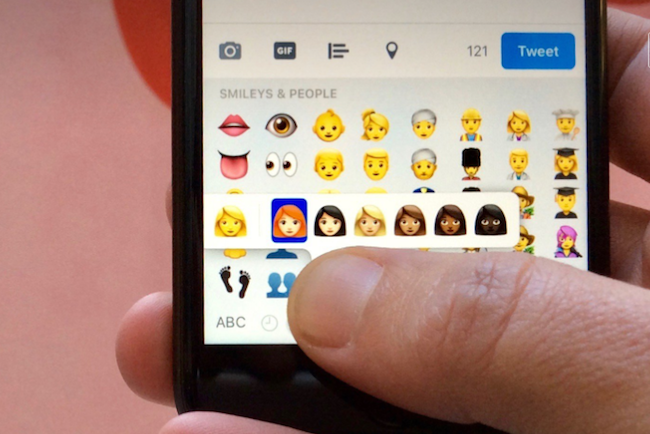
Already, there are 10 destinations that you can easily find on Kayak using naught more than an emoji, and they’re pretty predictable. The Statue of Liberty corresponds to New York City; sushi indicates Tokyo; the bunny emoji will send you to Chicago; the four-leaf clover will get you to Dublin. Perhaps one of the more, er, creative emojis currently in use is the red siren — that one will take you to Amsterdam (shots fired).
San Francisco gets the iPhone emoji and Toronto gets the maple leaf, and perhaps most fittingly, the Moai emoji will send you to Chile’s Easter Island.
And while these 10 emoji and destination combinations were apparently easy for the Kayak team to agree upon, the next few are presenting more of a challenge. Apparently, “hometown rivalries started flaring up” as the company attempted to assign more images to places.
“Is Chicago or Naples worthy of the pizza? Will Boston fans charge the mound if New York gets the baseball? And who, really, is worthy of the poop?” the service asks.
So what are they doing to solve this problem? They’re calling on you, of course. Kayak users can now “vote for the next 15 searchable emoji … Whether you’re passionate about your own city or really don’t want Seattle to get the coffee-moji (those hipsters are too smug anyway), vote for your favorites here.”
You certainly don’t want to let other people decide what emoji corresponds to where without your input. After all, leaving the fate of your vacation destination in the hands of the raucous public is never a good idea. So get in there and get to voting, and be part of the emoji generation.


